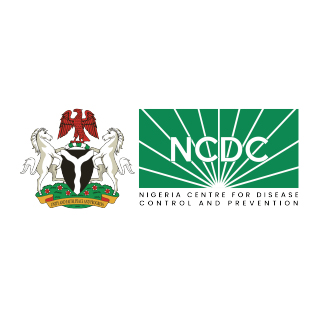1
…How Prompt Action By FCT Hospital Averted Potential Outbreak, Activates Public Health Measure
LAGOS – The Nigeria Centre for Disease Control and Prevention (NCDC) has announced that two recent suspected cases of viral hemorrhagic fever in Abuja have tested negative for both Ebola and Marburg viruses.
Dr. Jide Idris, Director-General of the NCDC, disclosed this in a public health advisory issued on September 19, noting that samples from the cases are now being tested for other viral hemorrhagic fevers such as Lassa Fever and Dengue fever.
The most recent case involved a traveler who returned from Kigali and, upon feeling unwell, immediately reported to a hospital in Abuja. His prompt action, combined with the vigilance of clinicians at Nisa Premier Hospital, enabled an immediate activation of Nigeria’s public-health system and minimise risks to the wider public.
“We deeply commend the clinicians and staff at the Nisa Premier Hospital, Abuja, whose high index of suspicion and immediate reporting triggered a rapid, coordinated response,” Idris added.
He also applauded the collaboration of the FCT Epidemiology and Rapid Response Teams, Port Health Services, the National Reference Laboratory, airline and immigration partners, and other stakeholders.
The NCDC boss elaborated that Nigeria has already conducted a Dynamic Risk Assessment following reports of Ebola virus disease in other countries and has activated anticipatory measures nationwide.
These include strengthening surveillance at points of entry, placing isolation and treatment facilities on alert, and pre-positioning infection-prevention supplies.
According to Idris, state governments and ministries of health must continue to support surveillance officers, ensure functional isolation centers, and provide resources for rapid response. He urged healthcare workers particularly in private hospitals to maintain a high index of suspicion and strictly observe infection-prevention measures.
“The advisory further reminded Nigerians of preventive measures, including good hand hygiene, avoiding contact with symptomatic individuals, minimising animal-to-human risks, and seeking early medical help if symptoms develop after travel.
“These recent events are a reminder that the vigilance of one clinician, the responsibility of one patient, and the cooperation of all relevant stakeholders can protect millions,” Idris said. “The NCDC remains fully committed to protecting the health of all Nigerians.”








